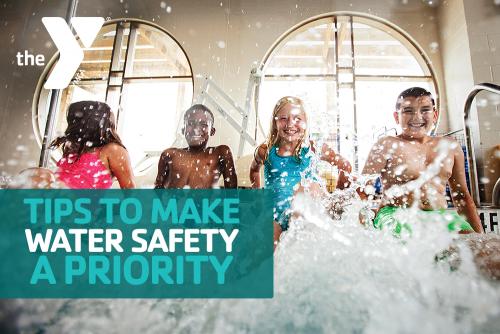Tips to Make Water Safety a Priority

As part of the Y’s commitment to keep swimmers safe in and around the water, the Y encourages you to have fun and enjoy the various benefits of swimming, but to always make safety your first priority.
According to the Centers for Disease Control and Prevention, fatal drowning is the second-leading cause of unintentional injury-related death for children ages one to 14 years old.
Water Safety Tips
Take an active role in your child’s safety. Practice these safety tips when in and around the water:
- Only swim when and where there is a lifeguard on duty. Never swim alone.
- Adults should constantly and actively watch their children. That means avoid distracting activities such as texting, talking on the phone and reading.
- Inexperienced or non-swimmers should wear a Coast Guard-approved life jacket.
- Parents or guardians of young children should be within an arm’s reach.
- Children and adults should not engage in breath holding activities.
Look for Signs of Distress
Be vigilant and look for swimmers showing signs of distress before it progresses to a serious situation or drowning.
Real-life drowning doesn't look like it does in the movies where someone is splashing and screaming in the water. The signs of someone struggling are actually very different.
- Swimmers in distress may be quiet as they struggle for air.
- Also, look for swimmers bobbing up and down in the water and not making any forward progress.
If you see a swimmer who is in distress, reach out to them with a pool noodle, another flotation device or towel that they can grab, and pull them to safety.
Learn to Swim at the Y
To help make sure everyone can be safe in the water, the Y offers swim lessons. Thanks to generous donations, the Y is able to offer financial assistance to families in need.
Learn more about swim lessons at the Y. Swim lessons are available for all ages, starting with Parent/Child Lessons for babies and toddlers, preschool lessons, youth lessons and even lessons for adults.
